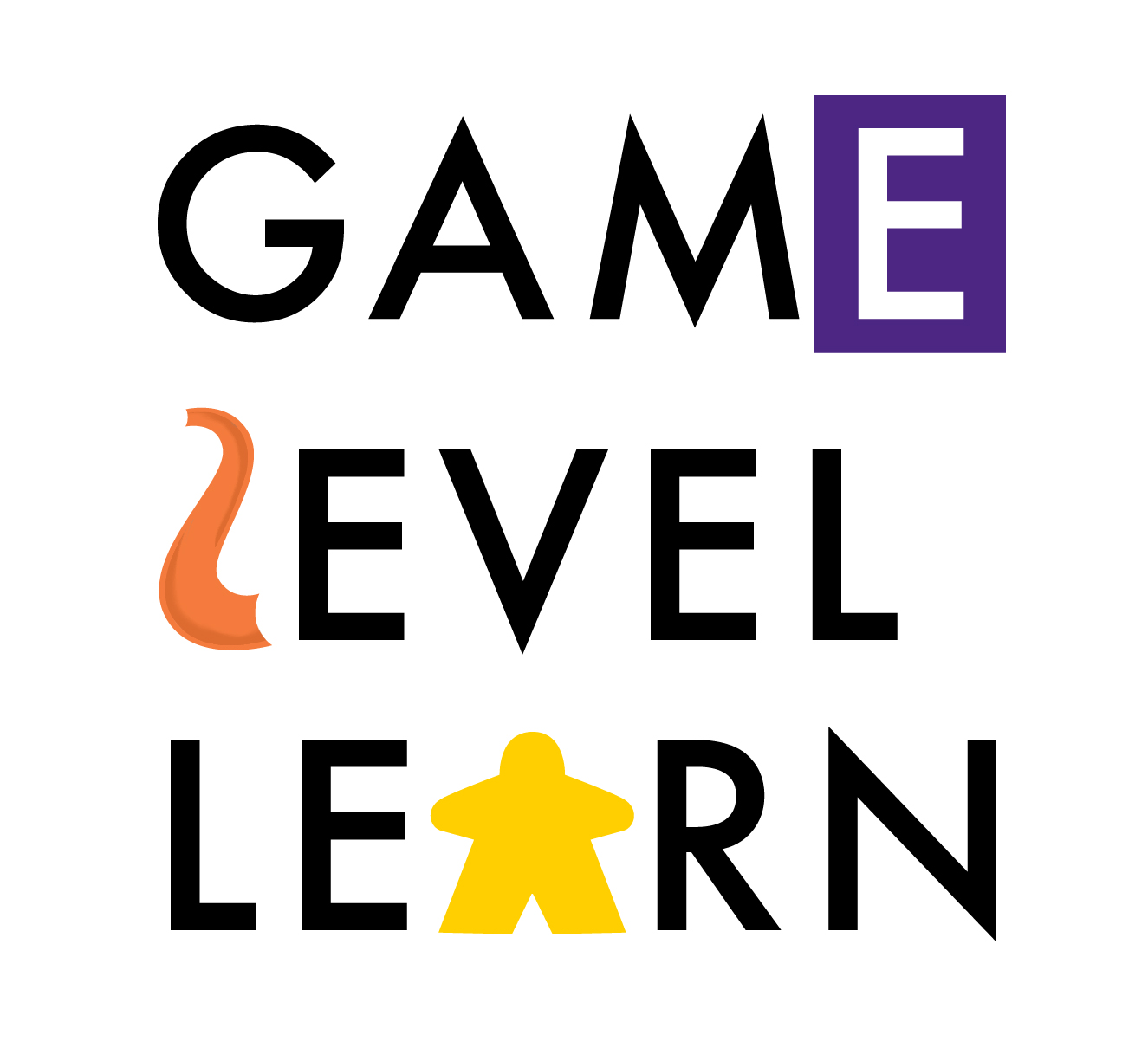51 Mechanics: Pattern Building
/BoardGameGeek (BGG) is a singular repository of gaming information, knowledge and wisdom that has been serving the modern board game hobby since 2000. I consult it regularly and have used its database to manage my own game collection. I also used it when I was writing my 2016 book on gamified instruction, particularly with regard to the game mechanics that BGG identified and organized content into. While there are more than 85,000 games, even now, there are just 51 mechanics. Since every mechanic offers something to the teacher who wants to use games in the classroom, I'm going to use this section of Game Level Learn and my own contributions to it to assess games from each of these 51 mechanics. Next up?
In education, despite the fact that (as of this writing) it is 2018, we still discuss 21st century skills as a discrete concept from a more general basket of skills. I don't know how strongly I believe that there are skills that are uniquely "21st century" as much as I once did, but it is certainly true that the 21st century offers radically different challenges to our society than we've faced previously. Moreover, the learning habits of Millennial and post-Millennial learners require teachers to develop a toolkit that I might call "21st century." Occupying pride of place in that 21st century toolkit are those teaching practices that maximize a student's capacity for critical thinking, perhaps the most important of the 21st century skills. Inherent to building very strong critical thinking skills is being as good at pattern building as you can be. Pattern building demonstrates a capacity to use building blocks to assemble information of some kind into a different form. It's about information management and the transformation of one kind of information into another. It's an essential skill that makes critical thinking possible. Of all of the critical thinking skills, this one (as well as pattern recognition) is one of the easiest to build up through gamified instruction.
Castles of Mad King Ludwig (BGG Rank: 75)
A modern classic (by the designer Ted Alspach, whose games are among the most acclaimed of the last decade), in Castles, players are attempting to design a castle retreat for the famous Mad King Ludwig II of Bavaria (he of Neuschwanstein). Players are given an assortment of different kinds of rooms to select with each room being at a different price point. In order to win, players not only need to understand how well the rooms they buy relate to the rooms they already have, but also how to manage the costs of the rooms they want to buy. Complex but with an easy to understand set of rules.
FITS (BGG Rank: 1244)
"Tabletop TETRIS," essentially. FITS is a design by the peerless Reiner Knizia. Over the course of four turns, players are trying to fit TETRIS-style pieces into their game board to accomplish certain patterns that generate victory points. Some are relatively straightforward while others are much trickier. Some of the boards players have to work with actually have negative point areas that players have to cover or suffer the penalty.
Ingenious (BGG Rank: 325)
Another Knizia design, in which players place hexagonal domino-style pieces onto a playing field trying to expand parts of the broader pattern to maximize their point scoring (and not set up their opponents).
Kanagawa (BGG Rank: 529)
A singularly beautiful game experience in which players take on the roles of apprentices to the Japanese painter Hokusai, internationally famous for his series "36 Views of Mount Fuji." In this game, players are trying to create their own paintings featuring different landscape elements (animal figures, trees and so forth). A classic German-style game with straightforward mechanics that strongly engages the pattern building mechanic.
Ubongo (BGG Rank: 817)
Ubongo is sort of a tangram-like puzzle game in which players compete against each other to solve the puzzles in the fastest time possible. This is a fun game, but it can be unforgiving if you're not as fast a thinker as your opponents!
Cover image from: https://boardgamegeek.com/image/3430970/kanagawa


